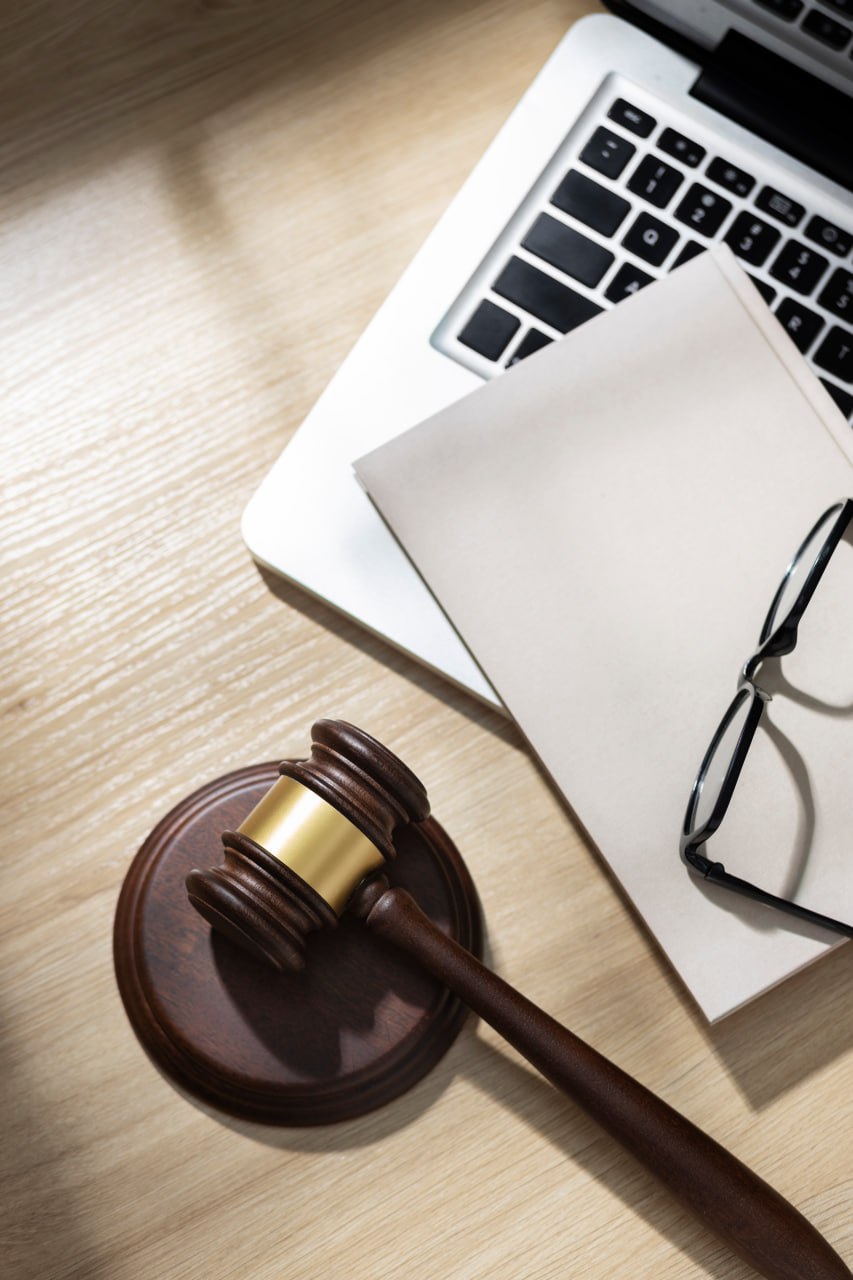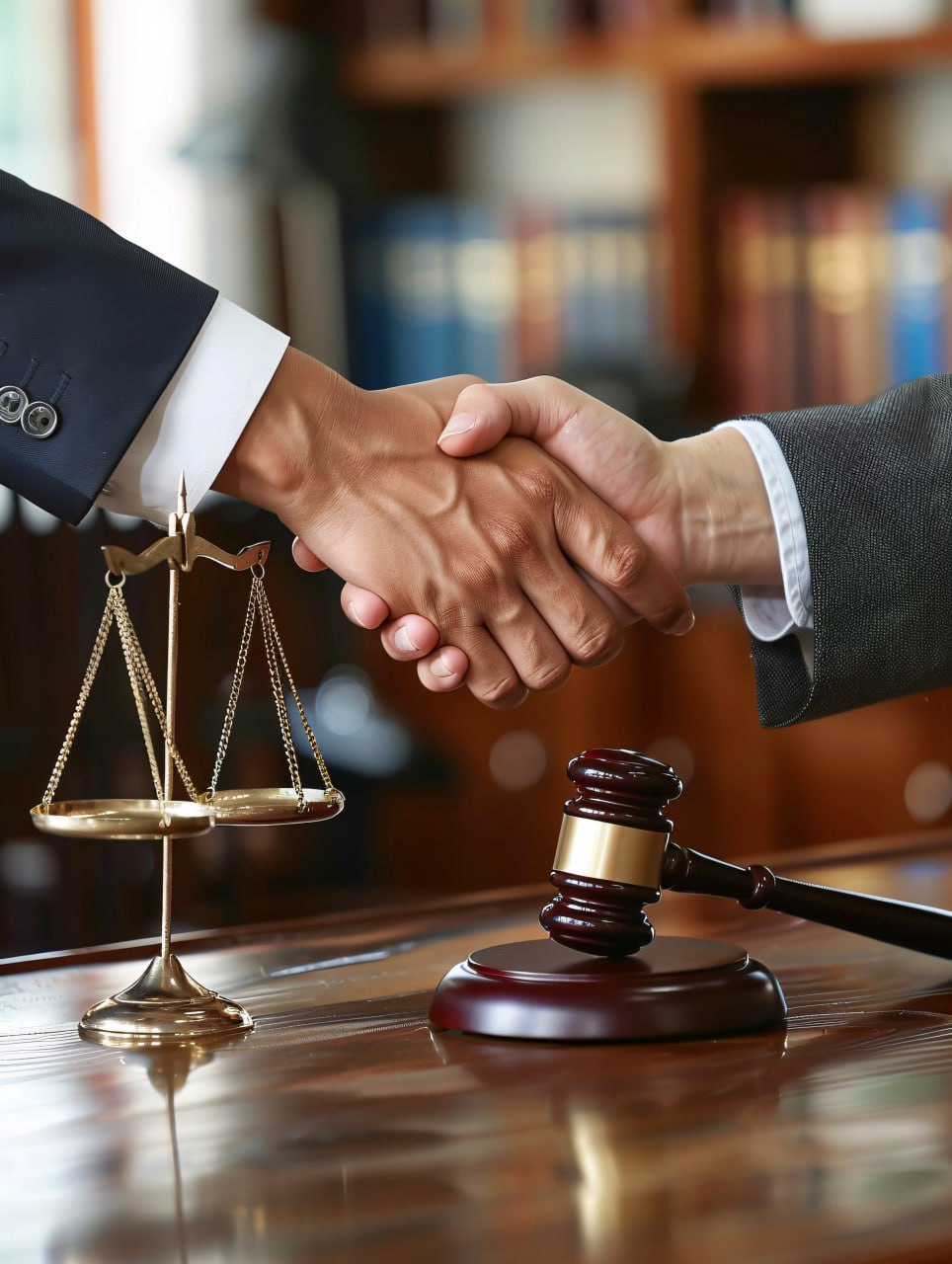Many IT companies develop software for clients, be they established businesses or individual entrepreneurs. While there’s no specific “software development contract” in Belarusian law, companies typically leverage two agreements: a Contractor Agreement outlining development tasks, deadlines, and payment terms, and a separate agreement for intellectual property (IP). The latter, like an exclusive right assignment or a license agreement, ensures the developer (who initially owns the software’s IP) can legally transfer usage rights to the client. This two-pronged approach safeguards both parties’ interests in the development process.
What are disputes in IT?
In the rapidly evolving world of information technology, disputes can arise from a variety of sources. These conflicts often center around issues such as intellectual property, contract breaches, data privacy violations, and software defects. Intellectual property disputes, for instance, can involve copyright infringement, patent violations, or trade secret misappropriation.
Contractual disagreements may stem from disputes over deliverables, timelines, or payment terms. Data privacy breaches can lead to legal actions related to data misuse, unauthorized access, or failure to comply with data protection regulations. Additionally, software defects can result in financial losses, reputational damage, or even legal liabilities for companies.








